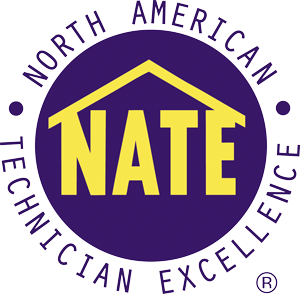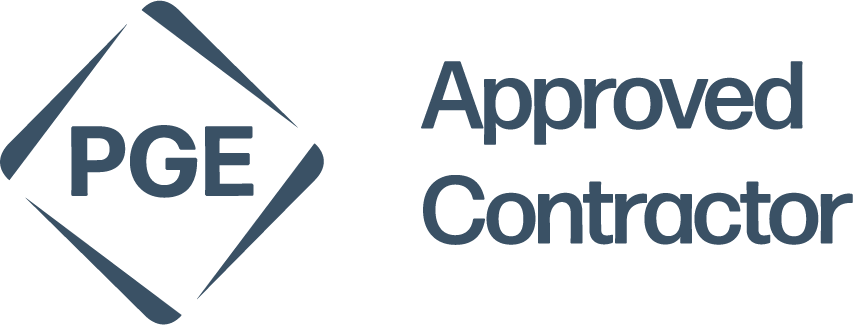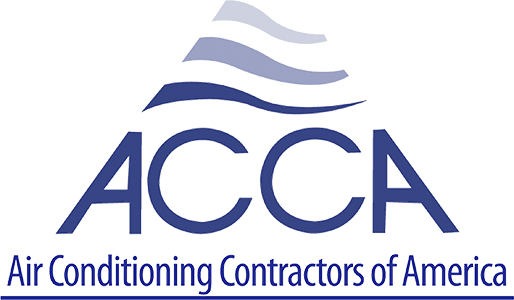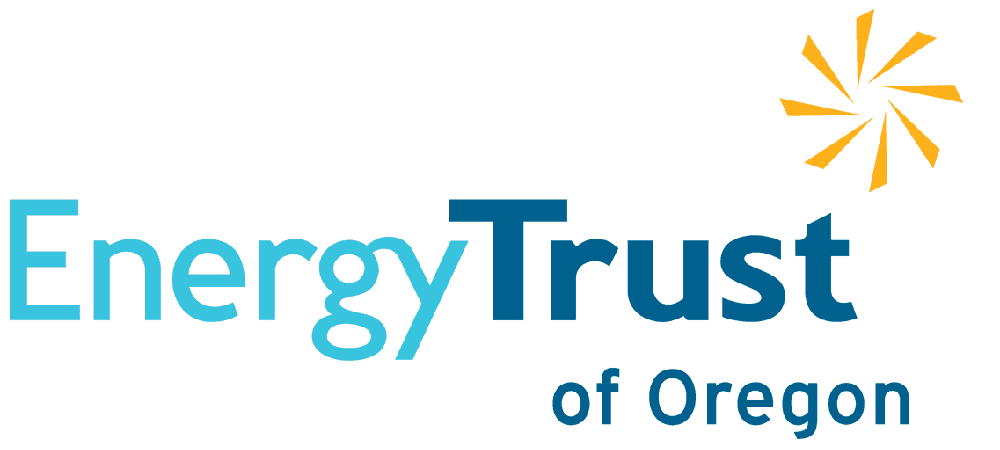Understanding Gas Fireplace Maintenance Requirements in Clackamas
Gas fireplaces have become increasingly popular throughout Clackamas, OR, and the surrounding communities of Happy Valley, West Linn, Lake Oswego, and Oregon City. These efficient heating sources provide warmth and ambiance while requiring less maintenance than traditional wood-burning alternatives. However, regular upkeep remains essential for optimal performance, safety, and longevity. At Milwaukie Heating & Cooling, Inc., we specialize in comprehensive gas fireplace maintenance services that keep your system running efficiently throughout the Pacific Northwest’s varying seasons.
The importance of professional maintenance cannot be overstated when it comes to gas-burning appliances. Natural gas and propane systems require specific expertise to ensure safe operation, proper combustion, and efficient fuel usage. Our technicians understand the unique challenges that Oregon’s climate presents, from the damp winters that can affect outdoor venting systems to the dry summers that may impact pilot light stability. Regular maintenance prevents carbon monoxide risks, ensures consistent heat output, and extends the operational life of your fireplace investment.
Annual Inspection Components and Safety Protocols
Professional gas fireplace maintenance begins with a thorough inspection of all system components. This process includes examining the burner assembly, checking gas connections, testing safety sensors, and evaluating the condition of ceramic logs or glass media. The pilot assembly receives particular attention, as this small but crucial component maintains the ignition source for your fireplace. Thermocouples and thermopiles, which generate electrical current to keep gas valves open during operation, require testing to ensure they maintain proper voltage levels. These safety devices prevent gas from flowing when no flame is present, making their proper function absolutely critical.
Venting system inspection forms another vital aspect of comprehensive maintenance. Direct vent fireplaces use sealed combustion chambers that draw outside air for burning and exhaust combustion gases directly outdoors. These systems require careful examination of both intake and exhaust pathways to ensure no blockages from debris, bird nests, or weather-related damage compromise proper airflow. B-vent systems, which draw combustion air from inside the home and exhaust through a vertical chimney, need inspection for proper draft and clearance from combustible materials. Our experience with Carrier™ equipment and various fireplace manufacturers enables us to identify potential issues specific to different venting configurations commonly found in Clackamas area homes.
Cleaning Procedures and Performance Optimization
Thorough cleaning represents a fundamental aspect of gas fireplace maintenance that directly impacts both appearance and performance. Glass doors accumulate a white film from combustion byproducts that regular glass cleaners cannot remove effectively. Professional-grade cleaners specifically formulated for fireplace glass restore clarity without damaging special coatings that help radiate heat into living spaces. The burner ports require careful cleaning to remove dust and debris that can create uneven flames or incomplete combustion. Spider webs, particularly common in Oregon’s environment, can block orifices and create dangerous conditions if not properly removed.
Interior fireplace components including ceramic logs, lava rocks, or glass crystals need periodic cleaning and proper repositioning. Incorrect placement of these media elements can interfere with flame patterns, reduce heating efficiency, and potentially damage the burner system. Each manufacturer specifies exact positioning requirements that optimize flame appearance while ensuring complete combustion. Our technicians understand these specifications and restore proper configuration during every maintenance visit. The firebox interior also requires attention to remove any accumulated dust or debris that might affect air circulation patterns essential for efficient operation.
Technical Components Requiring Professional Attention
Modern gas fireplaces incorporate sophisticated control systems that require specialized knowledge for proper maintenance. Electronic ignition systems have largely replaced standing pilot lights in newer models, offering improved efficiency but requiring different maintenance approaches. These systems include control modules, flame sensors, and ignition components that need testing and calibration to ensure reliable operation. Variable flame controls, remote control receivers, and programmable thermostats add convenience but introduce additional complexity requiring professional expertise for proper servicing.
Gas pressure testing ensures your fireplace receives the correct fuel supply for optimal performance. Both natural gas and propane systems operate within specific pressure ranges that directly affect flame characteristics, heat output, and safety. Manifold pressure measurements verify that gas valves regulate flow properly, while inlet pressure checks confirm adequate supply from your home’s gas system. Adjustments to air shutter settings fine-tune the fuel-to-air mixture, eliminating issues like flame lifting, excessive sooting, or incomplete combustion that wastes fuel and potentially creates safety hazards.
Maintenance Frequency and Seasonal Considerations
- Pre-Season Inspection: Schedule maintenance before heavy use periods to identify and address potential issues
- Annual Professional Service: Complete comprehensive inspection and cleaning by certified technicians
- Monthly Visual Checks: Examine glass doors, check for unusual odors, and observe flame patterns during operation
- Periodic Glass Cleaning: Maintain clear viewing surfaces using appropriate cleaning products
- Ventilation Verification: Ensure outdoor termination caps remain clear of obstructions throughout the year
Oregon’s climate creates unique maintenance considerations for gas fireplace systems. The rainy season can introduce moisture-related challenges, particularly for outdoor venting components exposed to weather. Corrosion prevention becomes important for maintaining long-term reliability. Summer months, when fireplaces sit unused, provide ideal timing for maintenance services without disrupting home heating needs. This scheduling approach aligns with our comprehensive HVAC installation and AC service offerings throughout Clackamas, Happy Valley, West Linn, Lake Oswego, and Oregon City, allowing coordination of all home comfort system maintenance.
Professional Service Benefits and Long-Term Value
Investing in professional gas fireplace maintenance delivers numerous benefits beyond basic safety compliance. Regular service maintains manufacturer warranty validity, as most require annual professional maintenance for coverage continuation. Energy efficiency improvements result from properly adjusted and clean systems that burn fuel completely, reducing operating costs while maximizing heat output. Professional technicians identify minor issues before they develop into costly repairs, providing significant long-term savings. Additionally, well-maintained fireplaces retain higher property values and appeal to potential buyers who recognize the importance of documented maintenance history.
At Milwaukie Heating & Cooling, Inc., our partnership with Carrier™ and extensive experience with various fireplace manufacturers ensures comprehensive service capabilities. We understand that gas fireplaces represent significant investments in home comfort and value. Our maintenance programs protect these investments while providing peace of mind through professional oversight of critical safety systems. Whether your home features a traditional fireplace insert, a modern linear design, or a freestanding stove configuration, our technicians possess the knowledge and tools necessary for proper maintenance. Contact us to schedule your gas fireplace maintenance service and experience the difference professional care makes in system performance, efficiency, and longevity throughout the Clackamas area.









